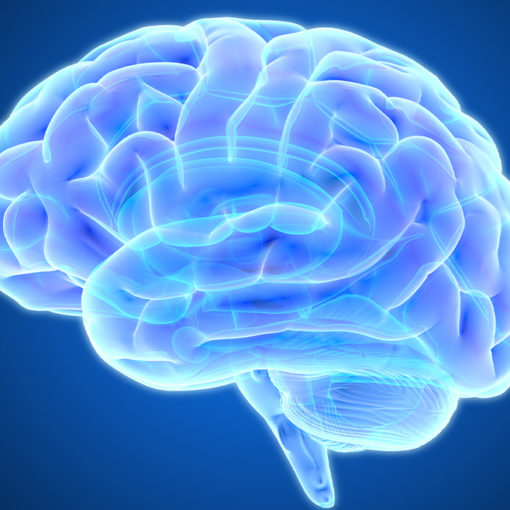 So we’re all familiar with the terrible two’s and terrible three’s, but what if your considerably easy going, relaxed child, suddenly (I’m talking overnight) develops OCD and/or tics. Many parents and physicians can be confused by this abrupt onset of symptoms and then the children are diagnosed with OCD, tics, generalized anxiety and possibly other similar conditions, and medications are given to help alleviate the symptoms. Unfortunately these medications don’t help, and then what?
So we’re all familiar with the terrible two’s and terrible three’s, but what if your considerably easy going, relaxed child, suddenly (I’m talking overnight) develops OCD and/or tics. Many parents and physicians can be confused by this abrupt onset of symptoms and then the children are diagnosed with OCD, tics, generalized anxiety and possibly other similar conditions, and medications are given to help alleviate the symptoms. Unfortunately these medications don’t help, and then what?
There are 2 conditions that have been added to the DSM-5 (Diagnostic and Statistical Manual of Mental Disorders), PANDAs and PANS.
PANDAs – Pediatric Autoimmune Neuropsychiatric Disorders with Streptococcal Infections
PANS – Pediatric Acute-Onset Neuropsychiatric Syndrome
These syndromes are thought to be an immune reaction to a number of stressors and infectious agents, mainly Group A Strep, Mycoplasma pneumonia, influenza, upper respiratory tract infections, and sinusitis.
In contrast to traditional OCD, PANS OCD has a sudden onset, usually one where parents can recall the exact date when their child ‘changed’.
Symptoms include:
- OCD, mood changes, anxiety, rage
- developmental regression, handwriting changes
- clumsiness
- tics
- memory issues, slow processing speed
- sensory issues, including sensitivity to light, sounds, smells, tastes, textures
- sleep disorders
- urinary issues, including frequency, urgency and night/daytime wetting
- handwriting deterioration
- inability to concentrate
- behaviour regression
- aggressiveness
- eating disorder (anorexia, restricted eating)
It’s estimated that 1-2% of all children suffer from OCD, and that 1/10th of these meet the diagnostic criteria for PANS.
Diagnostic Criteria for PANS includes:
- Abrupt onset of OCD or Restrictive Eating
- Co-morbid Psychiatric Conditions such as anxiety, sensory issues or motor abnormalities, behavioural regression, regression in school performance, mood disorder, urinary symptoms such as UTI and urinary frequency, urgency and enuresis, and sleep disturbances
- symptoms are not better explained by a known neurological or medical disorder
In PANDAs there is an association with Group B Strep infection. This can be tested with a throat culture, and often shows evidence of fever/sore throat, abdominal pain, headache, vomiting, or others in household with Strep infection.
Treatment and proper assessment is very important in PANDAs/PANS. Traditional approaches include antibiotics, steroids, SSRI’s, anxiolytics and possibly other medications. As a naturopathic doctor, full treatment is very important as well as supporting the immune system after treatment as to prevent future flare-ups. Specific nutrients and supplements can be beneficial for thorough treatment and thereafter.
I’m hoping this information will support you in your quest to find help for your child. PANS is just starting to become more of a recognized condition and I am excited to see more family doctors and pediatricians recognize this emerging condition.
For information on getting support for your child, contact Dr. Danielle at the Natural Care Clinic, 905-631-0880.




